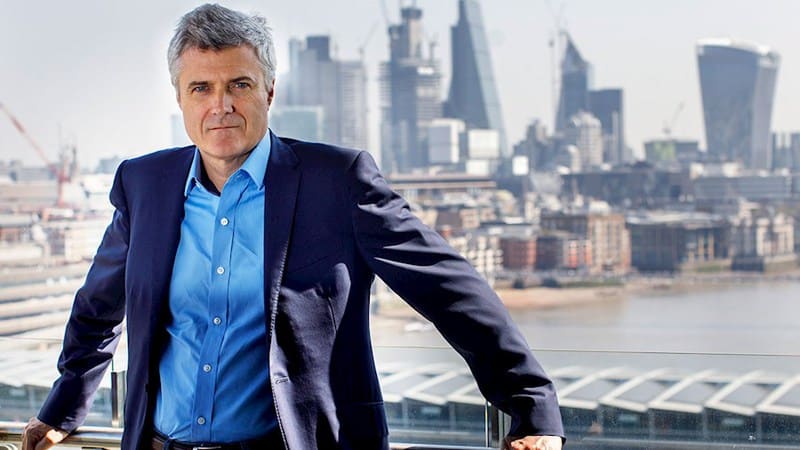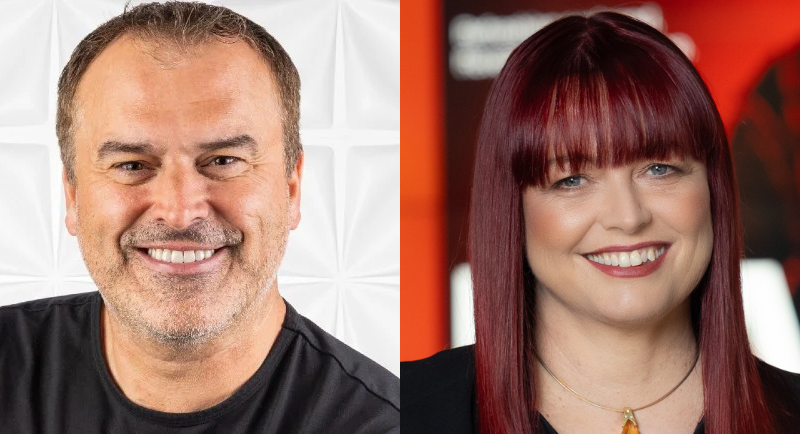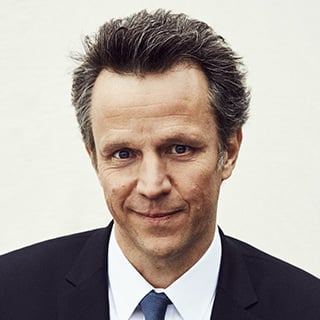WPP has ruffled the feathers of its employees by enforcing its new office policy of being back in the office four days a week.
In an internal memo to the company’s staff, CEO Mark Read addressed the focus on the work culture of WPP.
“I believe that we do our best work when we are together in person. It’s easier to learn from each other, it’s a better way to mentor colleagues starting out in the industry, and it helps us win pitches as a truly integrated team,” he said.

WPP’s Mark Read
While the new policy will come into effect until April, WPP employees have hit back against the global directive with a Change.org petition.
The staffers called the company’s mandate a “step backwards in supporting employee wellbeing and work-life balance” and called out the advertising company for “citing anecdotal data that either does not exist or has been misrepresented.”
But as the two sides continue to oppose each other over returning to the office, a number of holding companies will not be following WPP’s lead.

James Wright and Virginia Hyland
James Wright, Group CEO at HAVAS Creative Network ANZ, Global CEO at HAVAS Red and Global Chair HAVAS PR Network, and Virginia Hyland, CEO Havas Media Network ANZ, told Mediaweek they would not follow suit on the four-day week mandate.
“At HAVAS ANZ we are not mandating four days in the office. Across the Group, we are in three days a week, but many people also come in on a 4th day work dependent.
“For now, this approach is working well for us but we regularly review our current hybrid policy to balance the benefits of in-person collaboration with the flexibility demanded by the modern workforce,” they added.

Arthur Sadoun
Publicis Groupe has already experienced its own version of the contentious return-to-office debate in 2023 when CEO Arthur Sadoun announced that all employees are required to come into the office three days a week, with Mondays mandatory and no consecutive remote working days.
“But, almost three years later, we have to admit that a disproportionate part of remote working is actually leading to siloed work, less collaboration, sometimes stunted creativity, fewer innovation and decreasing productivity,” he said in the video, as reported by PR Week.
“I sincerely believe that we are at our best when we are together. We can support, inspire and care for each other. And while it’s not impossible to do all of these things from our screens, I think we should admit that it is actually harder. It is now time for all of us to find the right balance between the benefits of working from home that we want to keep and being in the office, as together we are definitely stronger,” Sadoun added.

John Wren
Omnicom Media Group also required its employees to return to the office three days a week. In 2023, Ad Age reported that all its U.S. employees were expected return to the office at least three days per week.
Chief executive officer John Wren said: “The great resignation is over. You see it in the layoffs that the tech industry’s doing and some other areas. So we believe that we’ll be just fine. Naturally, there’ll be individual cases where people won’t want to come back and they’ll seek other alternatives, but in the scheme of things it is not going to be significant.”
“We’re trying every sensible thing to look out for the benefit and the welfare of our employees, and it’s time for them to come back because we’re a creative services company and we work better when we’re together.”
See also:
WPP enforces global return to office policy: Staff required on-site 4 days a week
WPP staff fight back: 10,000 sign petition against mandatory office return
WPP addresses staff backlash over office return policy
